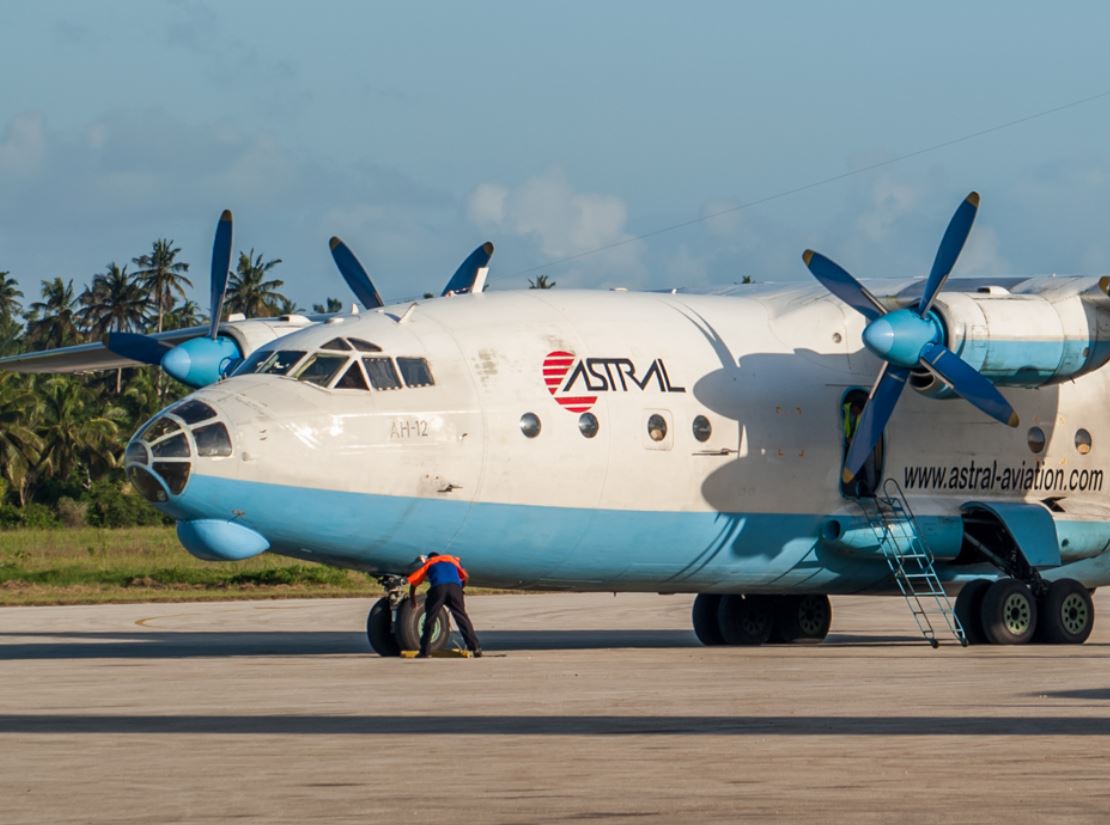Astral Aviation has taken another step in enhancing its cargo operations by introducing a Boeing 767-300 freighter into its fleet. The Nairobi-based airline announced the addition highlighting that the aircraft has been dry-leased and offers a payload capacity of 52 tons. The freighter’s long-range capabilities make it a valuable asset for Astral as it looks to boost service reach and reliability across its growing route network.
Features
The newly acquired aircraft, registered as 5Y-SVR, is part of Astral’s broader strategy to modernize its fleet and increase cargo capacity. According to the airline, the Boeing 767-300F is known for its efficiency and adaptability, features that will allow Astral to better serve both regional and long-haul markets. The acquisition was made possible through collaboration with Flight Lease Capital Management, Jetran, and Xtreme Aviation.
Astral’s current freighter lineup now includes the newly added 767-300F, along with a 767-200F and a 737-400F. Looking ahead, the airline has plans to further expand its fleet by adding a Boeing 737-800F and two Boeing 777 aircraft that are undergoing passenger-to-freighter (P2F) conversion. However, these additions are pending approval of the Supplemental Type Certificate (STC) by the U.S. Federal Aviation Administration.
As part of its modernization efforts, Astral has retired older aircraft to ensure operational efficiency and reliable capacity for customers. The airline has phased out its Boeing 757 freighters, Boeing 727-200Fs, and McDonnell Douglas DC-9s, all of which were aging and less fuel-efficient. While the 767F platform has been around since the 1990s, it is still significantly newer and more capable than the earlier models Astral retired.
Astral has also paused its previously announced plans to acquire two Embraer E190F freighters. The airline’s CEO, Sanjeev Gadhia, explained that the financial risks associated with the investment led to the decision to defer the order indefinitely. This move reflects Astral’s cautious but strategic approach to fleet development, focusing on long-term sustainability and operational resilience.

